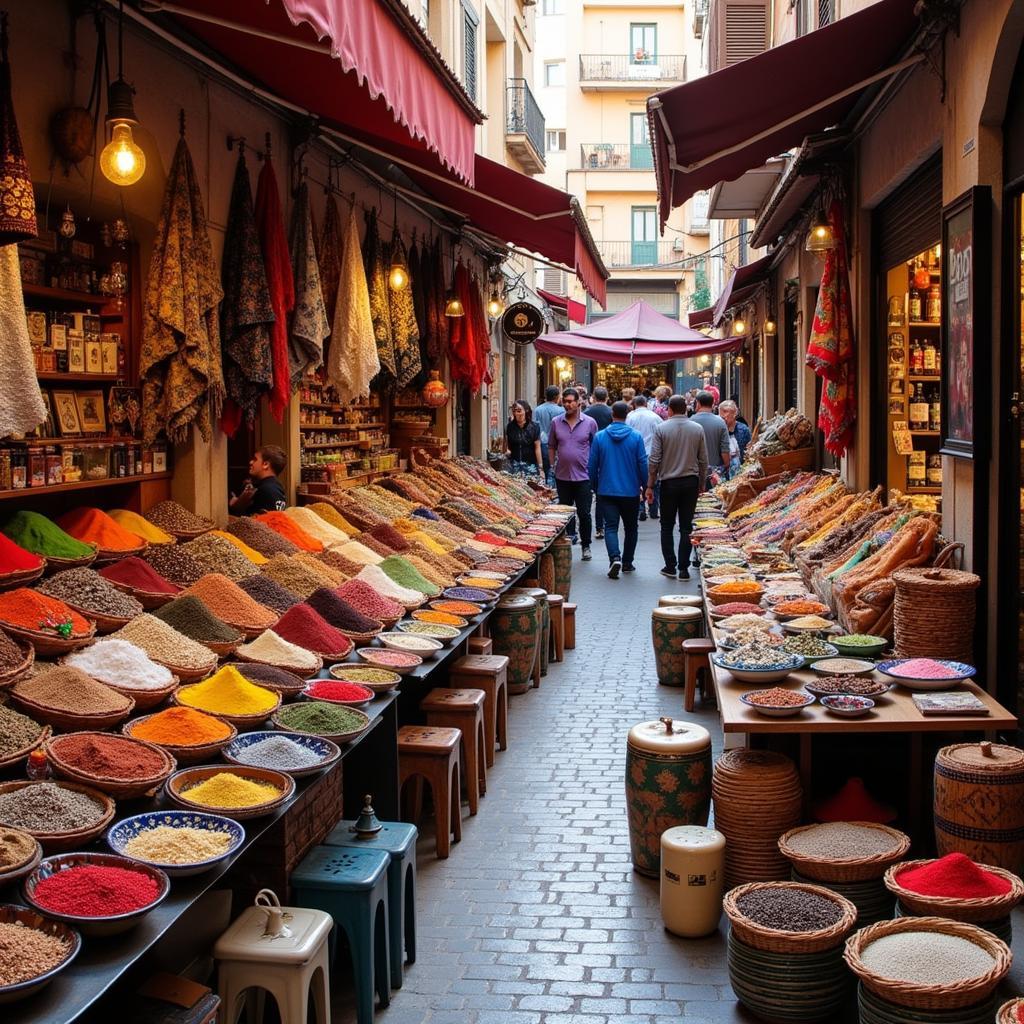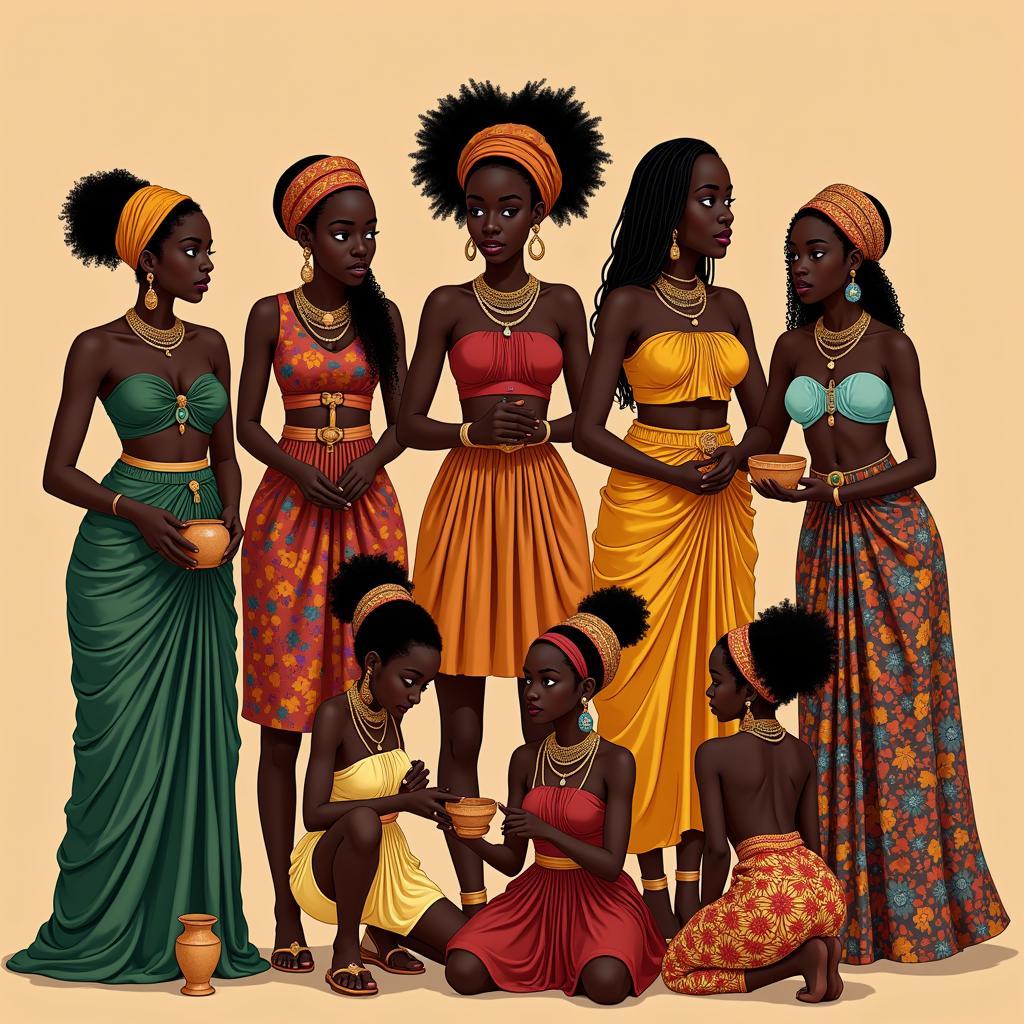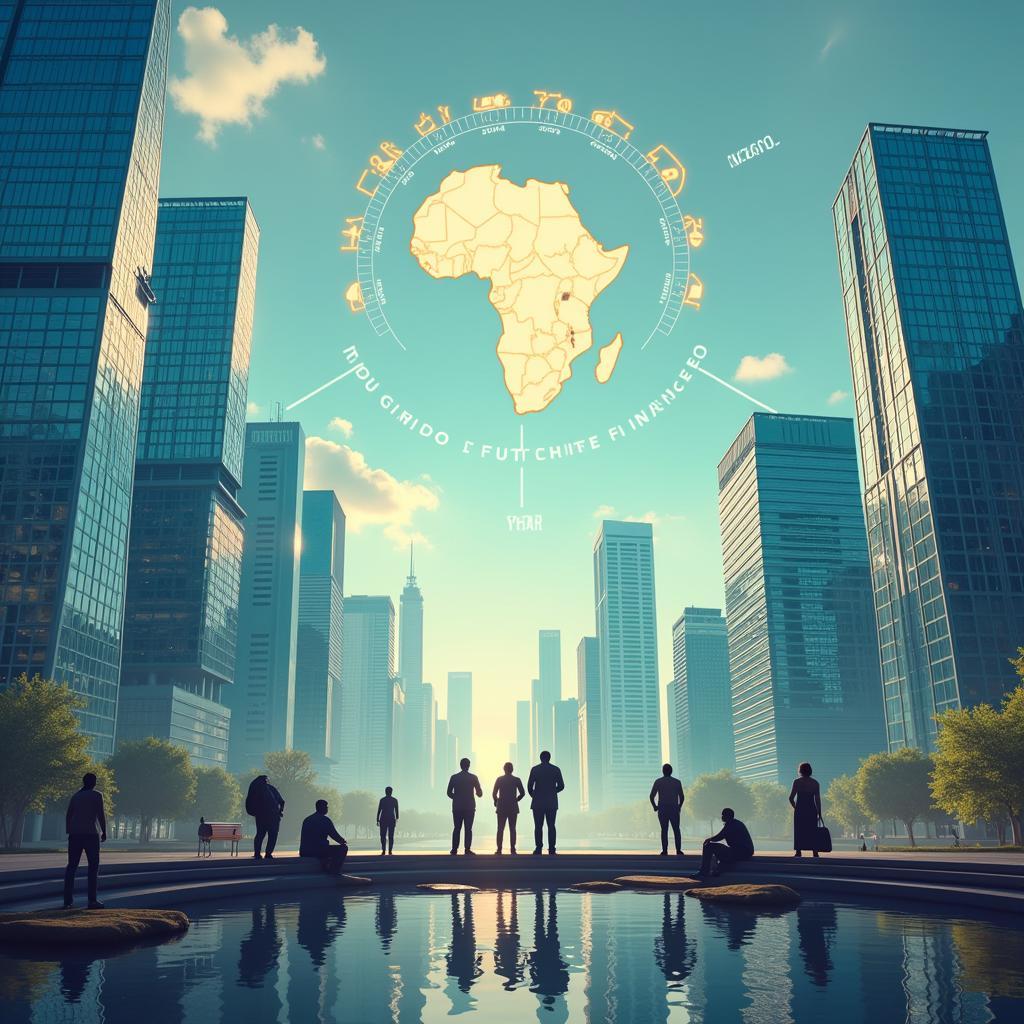Exploring the African American Holocaust Museum in Washington DC
The African American Holocaust Museum in Washington DC isn’t a physical building in the same way as the United States Holocaust Memorial Museum. The term “African American Holocaust” refers to the centuries of enslavement, oppression, and systemic racism experienced by African Americans, starting with the transatlantic slave trade. Understanding this history is crucial, and while there’s no dedicated museum building, resources and institutions in Washington DC offer powerful insights into this dark chapter.
Understanding the “African American Holocaust”
The phrase “African American Holocaust” aims to highlight the magnitude of suffering endured by African Americans. It acknowledges the brutal realities of slavery, lynching, segregation, and ongoing systemic racism, drawing a parallel to the horrific genocide of European Jews. This comparison, however, can be controversial, and it’s important to understand the nuances and sensitivities involved.
Why “Holocaust”?
The term evokes the scale and horror of the transatlantic slave trade and its aftermath. It emphasizes the systematic dehumanization, brutality, and loss of life associated with this period. While the term can be powerful, it’s also important to recognize the unique historical context of the Holocaust and be mindful of potential misinterpretations.
Exploring African American History and Culture in DC
While a dedicated “African American Holocaust Museum” doesn’t exist, Washington DC provides ample opportunities to learn about this history. The National Museum of African American History and Culture (NMAAHC) is a vital resource, offering a comprehensive exploration of the African American experience, from slavery to the Civil Rights Movement and beyond. Other institutions, such as the National Museum of American History and the Frederick Douglass National Historic Site, also contribute to a deeper understanding.
The National Museum of African American History and Culture (NMAAHC)
The NMAAHC is a must-visit for anyone seeking to understand the African American experience. Its exhibitions cover a wide range of topics, including slavery, reconstruction, the Jim Crow era, and the ongoing struggle for racial equality. The museum’s collection includes artifacts, documents, and oral histories, providing a powerful and moving experience.
Remembering and Learning
Learning about the “African American Holocaust” is not just about acknowledging the past; it’s about understanding the present and shaping the future. By engaging with these difficult histories, we can work towards a more just and equitable society.
What can I do to learn more?
Beyond visiting museums, there are many ways to deepen your understanding. Reading books, watching documentaries, listening to podcasts, and engaging with community organizations are all valuable avenues for learning and reflection.
Dr. Anika Toussaint, a historian specializing in African American studies, emphasizes the importance of continuous learning: “Understanding the past is not a passive activity. It requires active engagement, critical thinking, and a willingness to confront uncomfortable truths.”
Conclusion
While the African American Holocaust Museum Washington Dc may not be a physical location, the term represents a significant and painful history. Washington DC offers invaluable resources for exploring this history, learning from it, and working towards a more just future. By engaging with these resources, we can honor the memory of those who suffered and contribute to a more informed and equitable society.
Dr. Kwame Nkrumah, a prominent scholar of African diaspora studies, adds, “Remembering is an act of resistance. By remembering, we refuse to let these histories be erased and we commit to building a better future.”
FAQ
-
Is there an actual African American Holocaust Museum in DC? No, there isn’t a dedicated museum building with that name. The term refers to the historical suffering of African Americans due to slavery and its aftermath.
-
Why is the term “Holocaust” used? The term is used to emphasize the scale and horror of the transatlantic slave trade and its lasting impact.
-
Where can I learn about this history in DC? The National Museum of African American History and Culture (NMAAHC) is a primary resource.
-
What other resources are available? Books, documentaries, podcasts, and community organizations offer further opportunities for learning.
-
Why is it important to learn about this history? Understanding this history is essential for working towards a more just and equitable future.
Need further assistance? Contact us: Phone: +255768904061, Email: kaka.mag@gmail.com Or visit us at: Mbarali DC Mawindi, Kangaga, Tanzania. We have a 24/7 customer service team.


